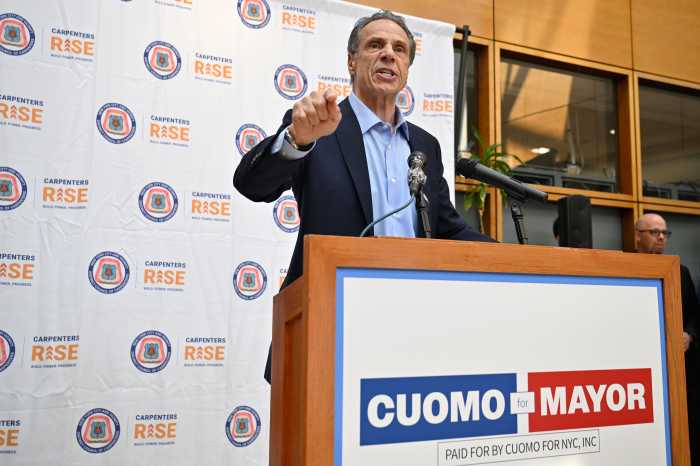For decades, the United States has faced a mounting epidemic of diabetes. Now, as this nation stems the rise in new cases, the deadly epidemic has reached the rest of the world.
According to a report released last week by the World Health Organization, the percentage of people worldwide suffering from diabetes nearly doubled from 1980 to 2014, from 4.7% to 8.5%. An estimated 422 million adults worldwide lived with the metabolic disease in 2014.
Diabetes is estimated to kill 1.5 million people annually worldwide, and contribute to another 2.2 million deaths each year by increasing the risk of other chronic conditions.
Popularity across the world of a Western diet that includes too much meat, sweets and processed food is part of the problem. But experts say that thanks to increased prosperity, people are also eating more of their own traditional cuisines. Many people are becoming heavier simply because they can afford to eat more, whatever it is.
The encouraging news is that in 2014, the United States saw new diabetes diagnoses fall to 1.4 million, down from 1.7 million new cases in 2008. Recent declines in soda and calorie consumption and more physical activity are reasons, experts say. So the tide can be stemmed. But diabetes is still a huge problem here, with 29 million Americans suffering from it and another 86 million pre-diabetics in danger of developing it. Diabetes is the seventh leading cause of death in the United States.
Beating back the growth of diabetes will take both personal responsibility and better public health policies. People must consume more fruits and vegetables and less soda, sugar and processed foods. They need to be sensible about portions, weight and exercise. Government food subsidies and crop supports, public information campaigns and programs need to shift to encourage this healthier living. That makes sense, because governments often pay to treat the illness.
Diabetes was once known as a rich man’s disease. As prosperity has increased, its prevalence has exploded. Plenty is better than scarcity, but it’s also a challenge.






























